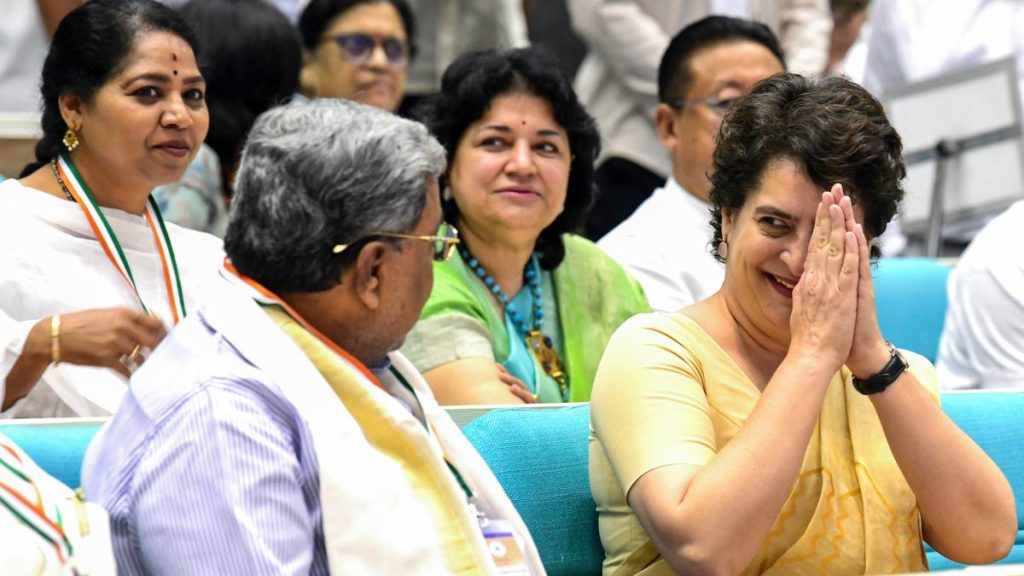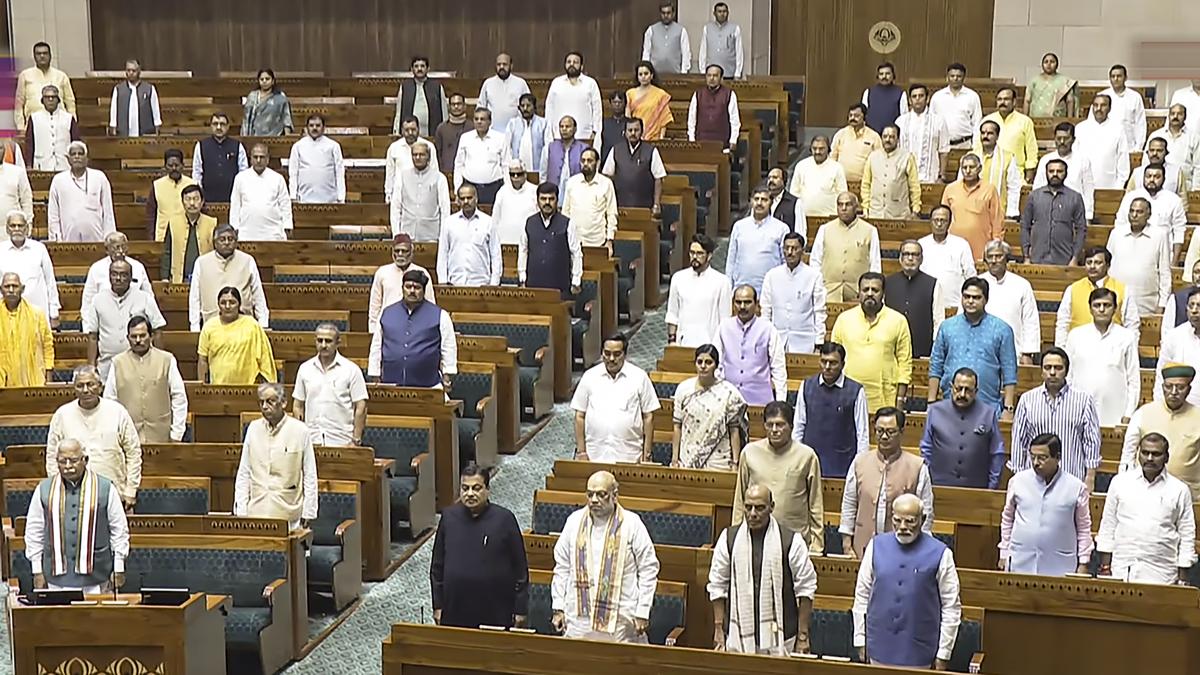Now Reading: Karnataka High Court Flags ‘Mechanical’ Police Reports on Parole Applications, Seeks Review by DG&IGP
-
01
Karnataka High Court Flags ‘Mechanical’ Police Reports on Parole Applications, Seeks Review by DG&IGP
Karnataka High Court Flags ‘Mechanical’ Police Reports on Parole Applications, Seeks Review by DG&IGP

Rapid Summary
- The Karnataka High Court has directed the DG&IGP (Director-General and Inspector General of Police) to examine police practices in submitting “mechanical and identically worded” reports for parole cases.
- Justice Suraj Govindaraj highlighted issues with police reports lacking request of mind and recommended training officers on parole-related procedures as outlined in the Karnataka Prison Manual.
- The court partially allowed a petition filed by Chotti Bee from bidar seeking release of her son, Saddam, who is convicted in a murder case, on parole for 90 days to care for his ill mother.
- While prison authorities initially approved the parole based on jurisdictional police reports, the court observed that these were inadequately reasoned and mechanically drafted.
- Emphasizing Article 21 of India’s Constitution, the court stated that granting parole is a valuable right requiring thoughtful evaluation based on case-specific grounds rather than generic statements.
- Saddam was granted 60 days’ parole with conditions to mark weekly attendance at local police stations.
Indian Opinion Analysis
The Karnataka High court’s directive underscores concerns about administrative inefficiencies in India’s legal system.Reliance on generic or poorly reasoned reports risks undermining constitutional rights such as Article 21’s guarantee of life and personal liberty. By mandating training under relevant prison manual provisions, this growth could introduce systemic improvements into how paroles are evaluated while strengthening accountability within law enforcement agencies.This judgment also highlights broader implications for judicial oversight regarding executive processes-encouraging fair treatment of convicts while maintaining societal safety standards. If implemented effectively at scale, such directives can serve as precedent-setting moments for fostering justice reform across states in India.

























